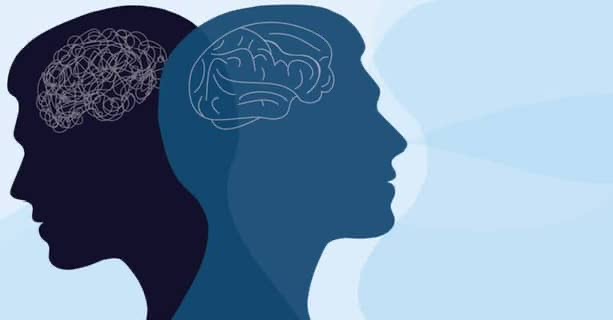The Vanguard Against Drug Abuse (VGADA) a specialist rehabilitation centre has called on parents and teachers to prioritise their children’s and adolescents’ mental health.
The Executive Director of VGADA, Dr Hope Omeiza, made the call during a mental health conference organised for children and adolescents on Saturday in Abuja.
The programme brought together stakeholders, including children, adolescents, youths, teachers, parents, and advocates.
Omeiza noted that untreated mental health issues could lead to substance abuse, anxiety, depression and academic underperformance.
He maintained that open communication and evidence-based programmes were paramount in curbing drug-related issues adding that there was an urgent need to address mental health problems among young people.
He said that children often struggle with mental health issues due to societal pressure, academic expectations and family stress.
Omeiza said that the theme of the event ‘Express’ highlighted the need for parents and teachers to allow young people to express their thoughts and emotions.
“As you can see today, we have many voices present here today, ranging from kids, the adolescents, teenagers, teachers, parents, advocates and other key players.
“They are present in today’s program to put their thoughts in the struggles that our young people go through, in mental health.
” Like the theme of the event clearly states ‘express’, it means that young people should be given the opportunity of safe space, to express themselves at home and in schools.
“Today, we saw the level of understanding and knowledge that these young people were displaying and that shows that our young people are not only going through a lot.
“These children also know a lot, and most times at home, their opinions are quietened, they are not allowed to speak out,” he said.
The VGADA executive director said that the organisation had earlier implemented women and family drug education programmes to equip parents with social and psychological skills.
Omeiza, however, called for collective action to address mental health and drug abuse among young people adding that it was a fight for all and there must be a win.
He recommended evidence-based school sensitisation programs and family education initiatives to address the scourge of drug and illicit substance abuse.
Also speaking, Amb. Dandela Kassim, the Director of Finance and Account (DFA) Federal Ministry of Humanitarian Affairs and Poverty Alleviation (FMHAPA) stressed that mental health was equally important as physical health.
Kassim advised parents to open communication and empathise with their children adding that the use of harmful language should be avoided as it does not help children’s spiritual growth.
“Mental health issues can lead to family problems, substance abuse and social isolation if left unaddressed.
“Age 10-19 is a critical period in a child’s life. These moments are dangerous times in the lives of the children.
“It gives birth to what happens between age 20 and 25 and whatever a child decides at the age of 21 is what he or she goes with throughout his life.
“These children need to be loved and understood. It’s a collective matter because home and schools must partner together so that these children can be able to survive under these end time problems we are facing.
“I urge the government and schools to provide avenues for children, where they can open up and teachers should also be God-fearing by listening and not judging them,”he said.
Also, a renowned musician, Daud Suleiman popularly known as Hi -Speed advised his fans to avoid illicit drugs and substance abuse.
The Musician, who had remained drug-free throughout his career, encouraged his fans to follow suit.
“Believe in yourself, you can achieve greatness without drugs. I’m a living proof that success is possible without substance abuse,” he said.
The musician called on his fellow artists to join him in promoting anti-drug messages while advising children and adolescents to open up to their parents about their struggles.
“For my colleagues out there, let’s unite to tell our fans that drug abuse is harmful. And as for children, sharing problems with your parents can lead to the solutions you desire,” he said.
One of the student Panelists, Ms Bahira Babangida, Government Secondary School, (GSS) Garki, expressed optimism about the reduction in mental health stigma in Nigeria.
She, however, praised the growing awareness about mental health in Nigeria while urging parents to support their children’s wellbeing.
The student, who emphasised the importance of family support in mental health said ” Programs like this are enlightening and show that adults especially parents are getting involved.
“Stigma remains a significant barrier to mental health care. I want to encourage parents to join the fight against stigma while youths should priotise self-care and reduce stress.
“As for my mates who are here today, you need to calm down, enjoy your childhood and don’t put undue stress on yourselves,” she said.
NAN


